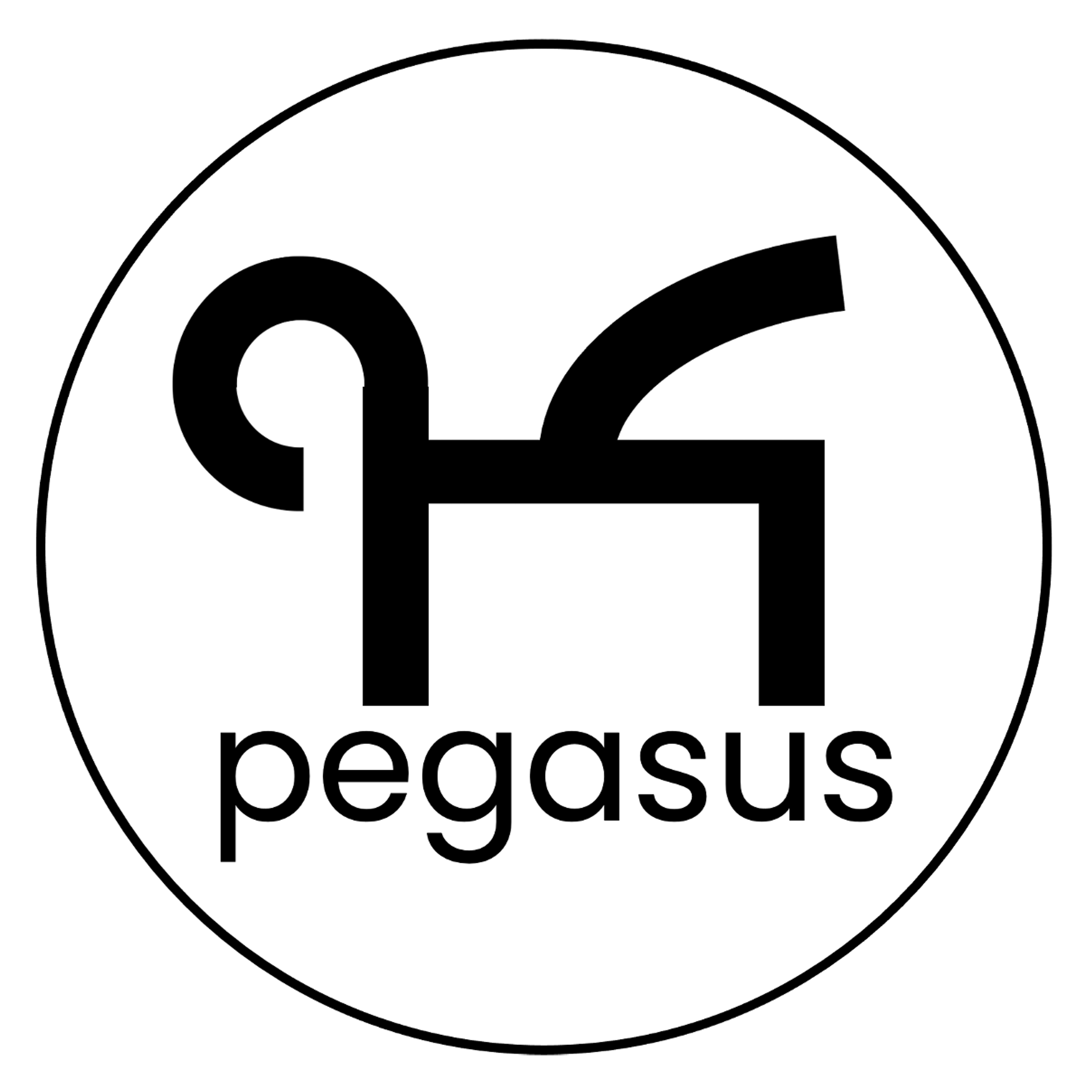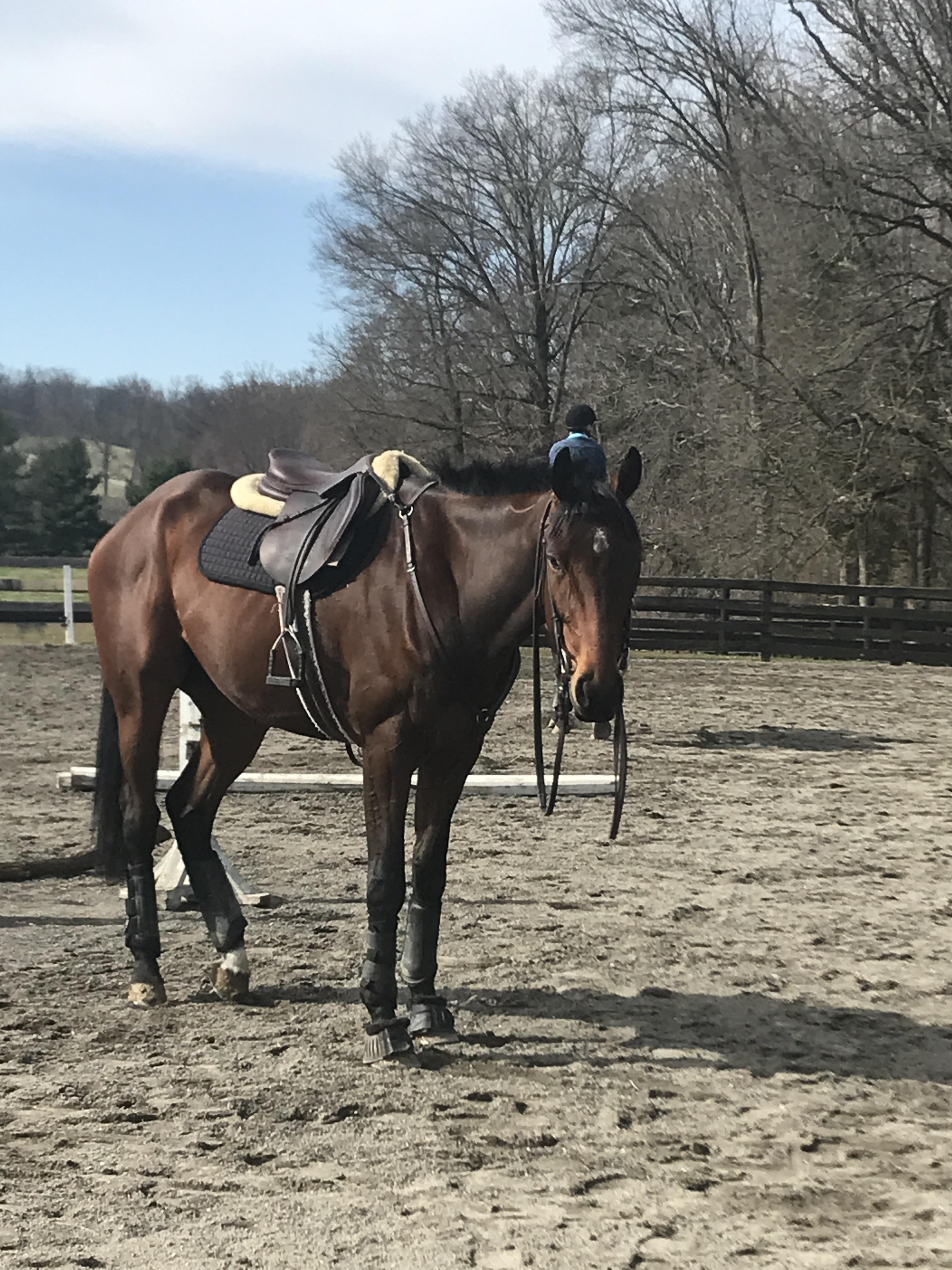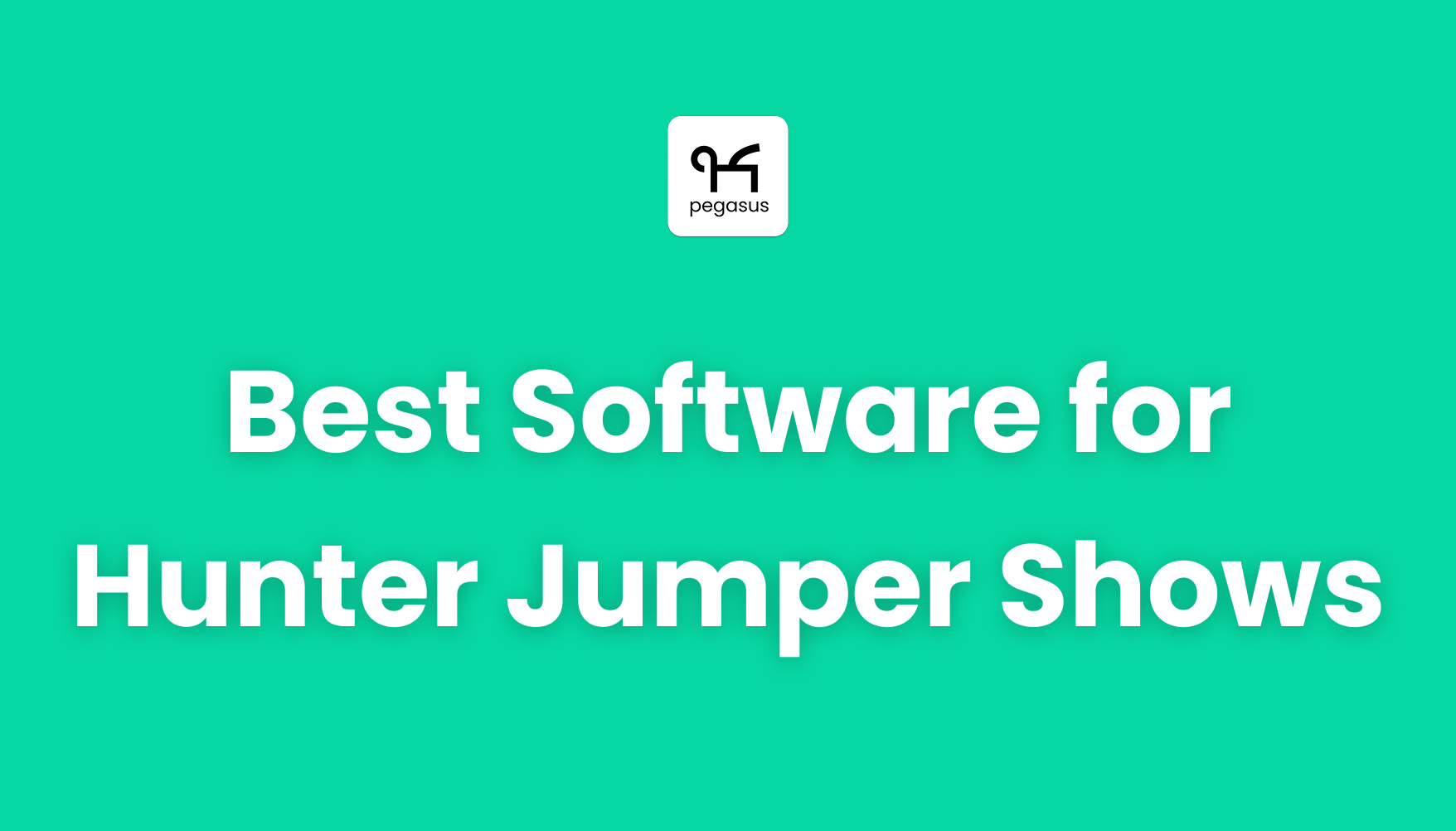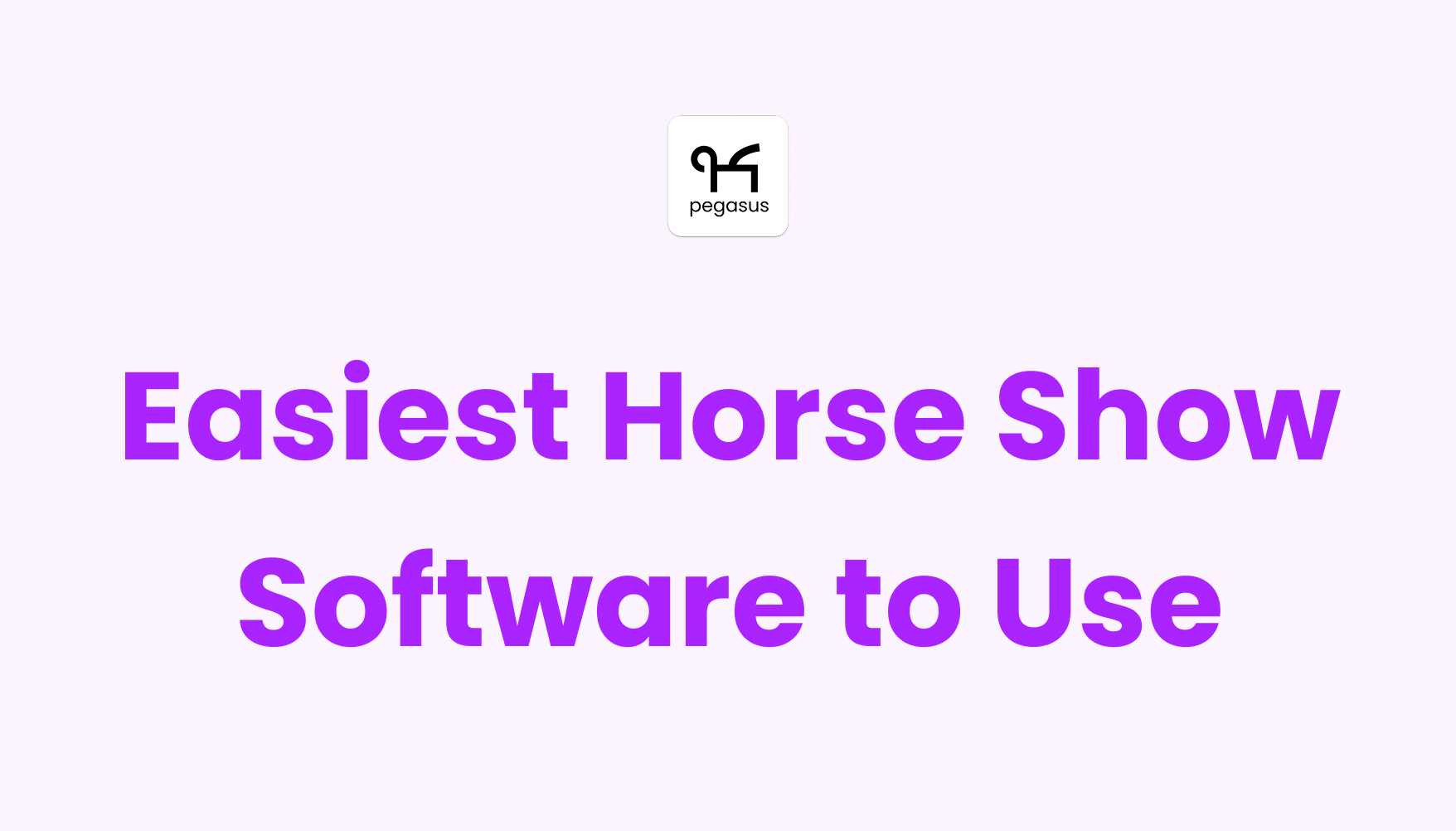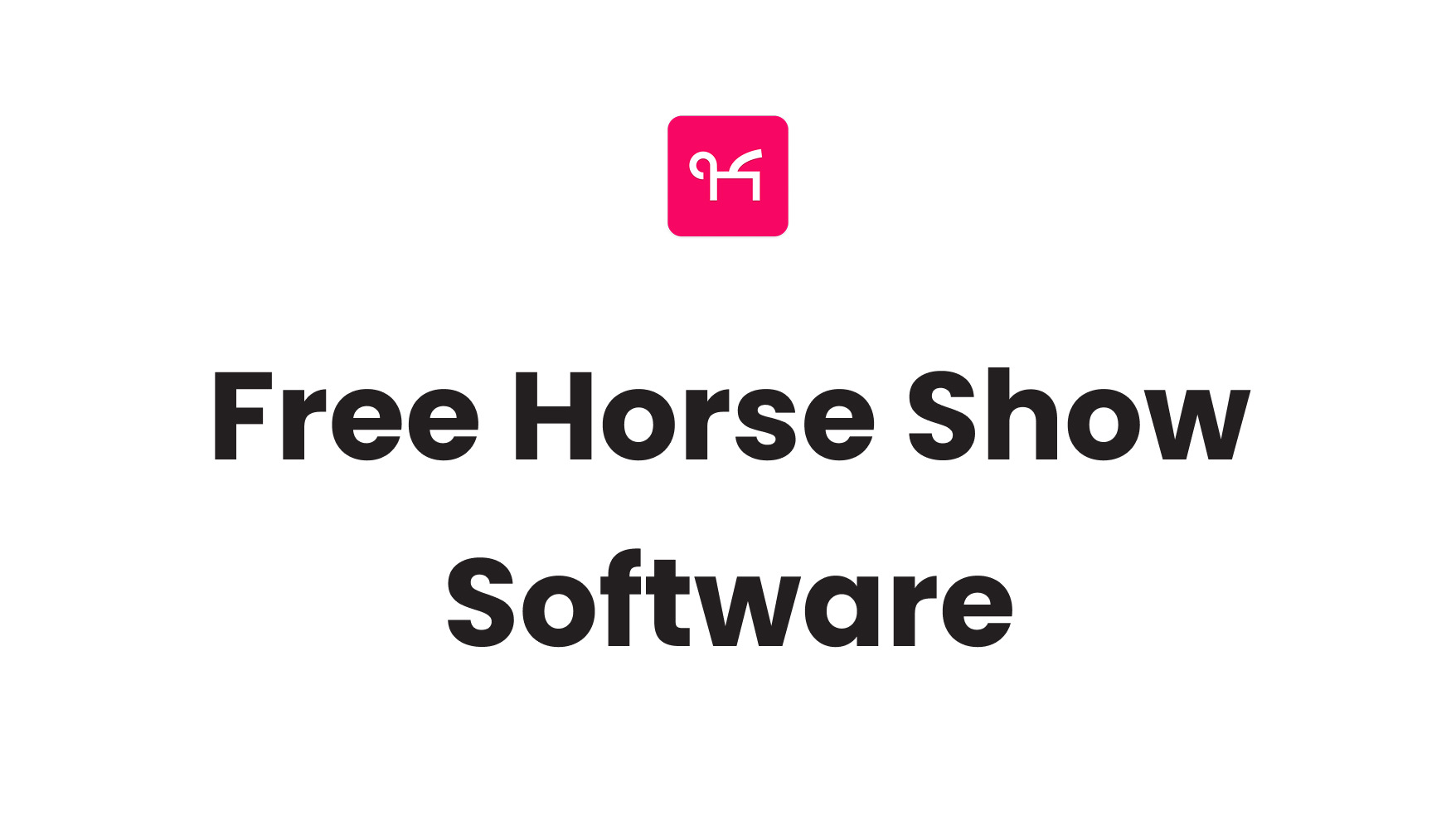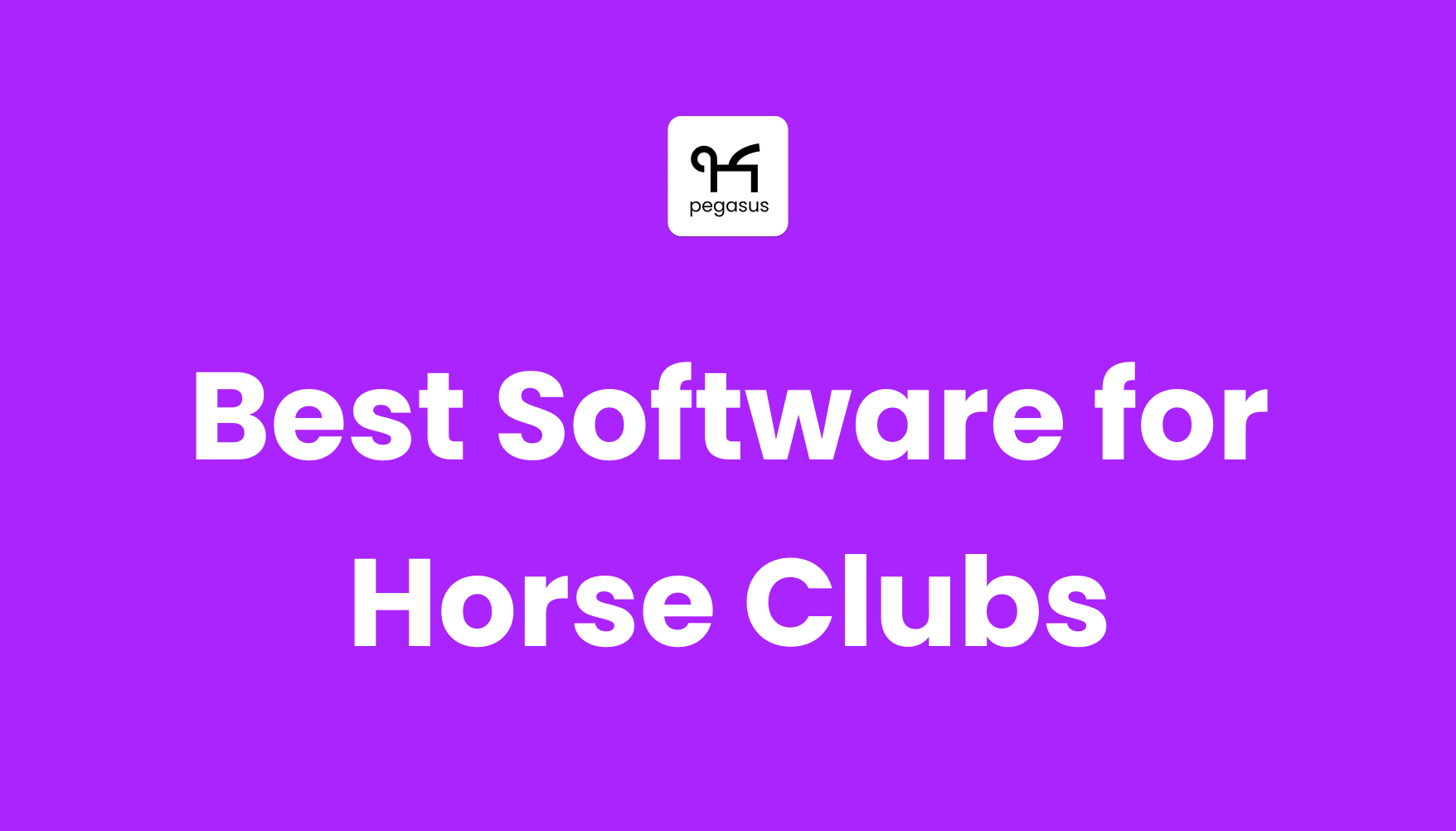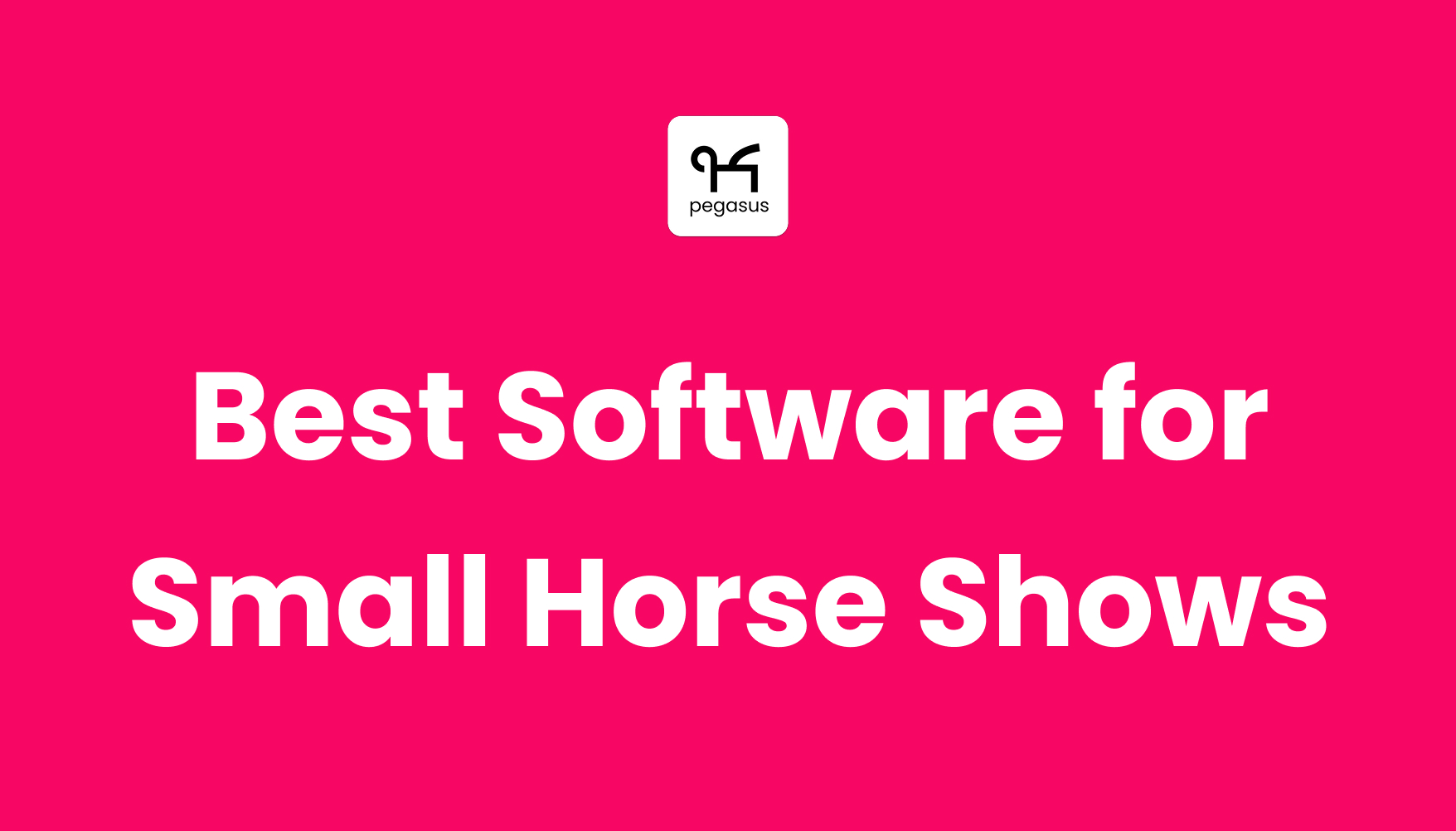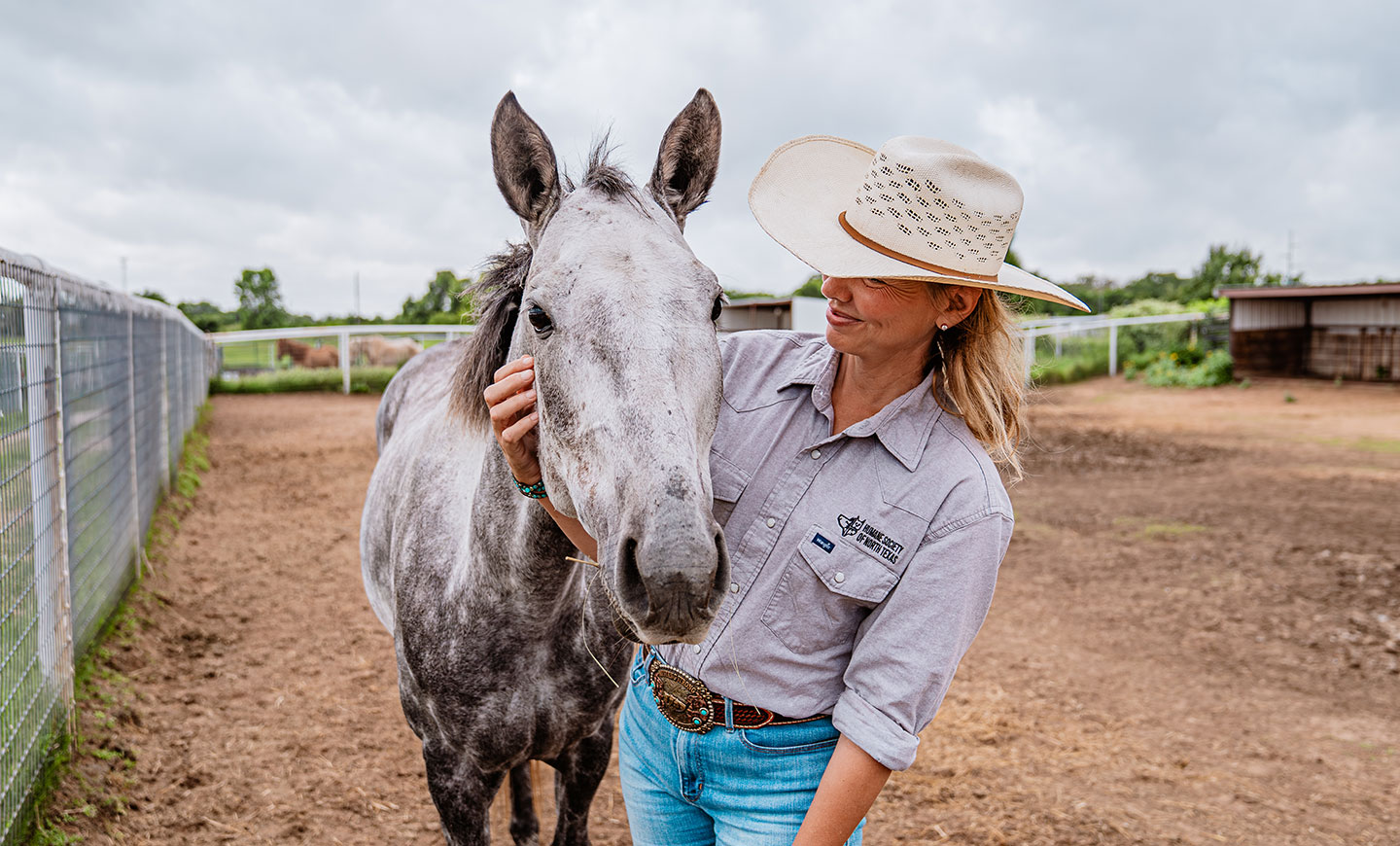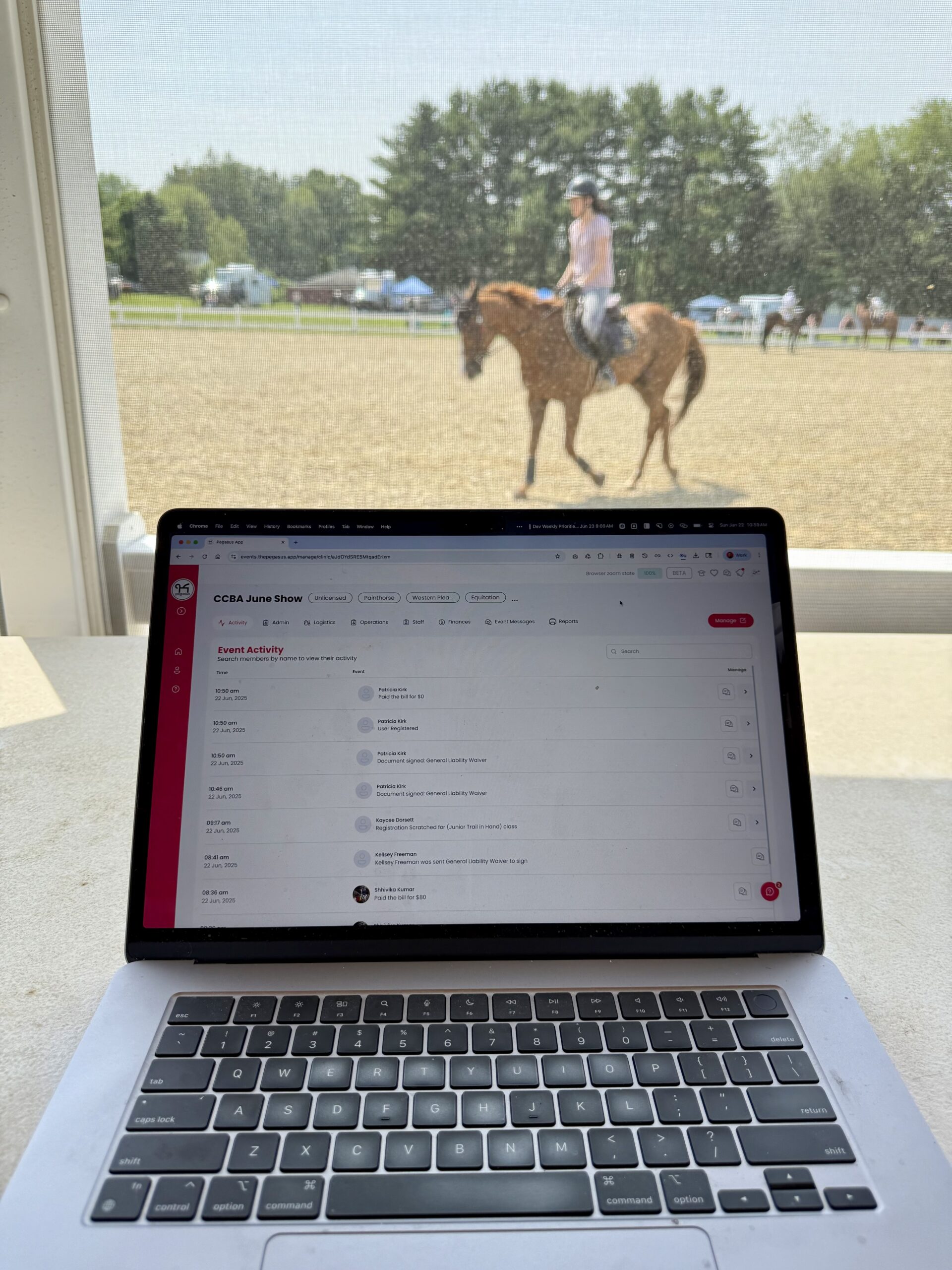By Clare Mansmann for Pegasus
Off-track Thoroughbreds are becoming increasingly popular as versatile sporthorse projects that are often fairly inexpensive — but finding the perfect partner can be intimidating. Clare Mansmann, an OTTB professional, brings us a new series to help you get started!
Finding a horse is not unlike entering the dating scene (except it is a bit more fun, because horses). Before online dating took off, the steps were rather simple, albeit on the risky side: you saw someone you liked, you got your friends to attract attention, you gave your phone number, waited maybe three days, and went on a date while said friends knew your timing, location, and outfit choices. Pretty much everything after that was a bit of a gamble and the odds were not in your favor.
But today, we have tremendous resources and information at our fingertips. There are filters and algorithms and free background checks. You can apply the same standards of modern dating to decide if an OTTB is the right horse for you, which one is THE one, and the best way to get started on your search.
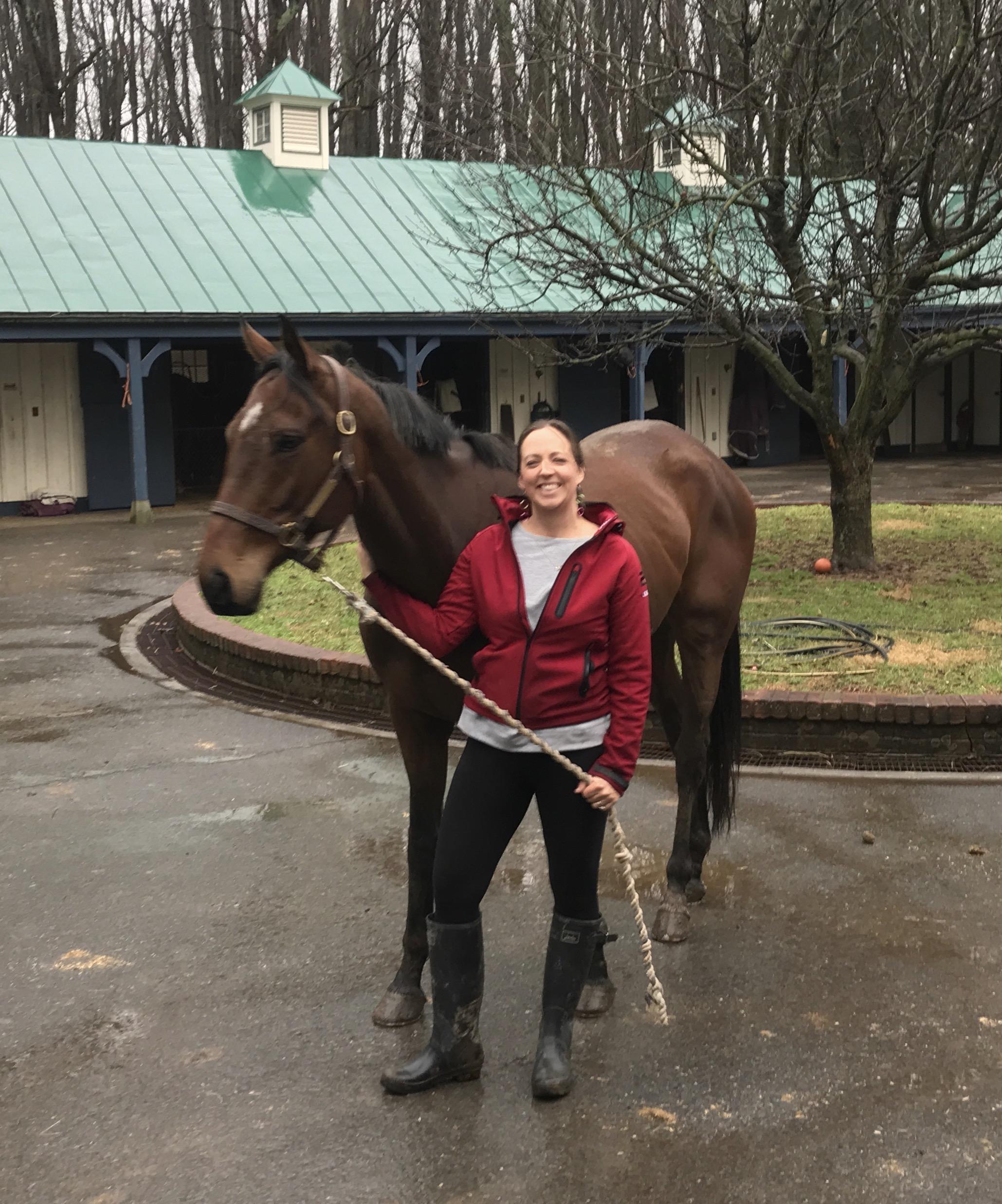
Start with this food for thought:
What are your goals for the relationship?
Goals are wonderful, but you can’t rely on one horse to necessarily fulfill them all. Consider breaking them into steps and begin with step one.
What attributes are most attractive to you?
Pretty is as pretty does. Look at suitability before worrying about size, color, gender and even worrying too much about conformation.
What are your hard limits and what can you be flexible about?
Properly rehabbed injuries are not future killers. We have seen tendon injuries, chips, soft feet — even old fractures heal well and strong and may not limit horses for even significant athletic careers.
What are your own experiences, strengths, and weaknesses?
You may want to date the Navy pilot who enjoys mountain climbing, para-sailing, and triathlons, but the reality is that you’re afraid of heights, don’t like the ocean, and don’t enjoy long walks … not even a little bit. Choose wisely and realistically. You don’t have to marry everyone you date and opposites only kind of attract. You do need some common ground.
Will your horse be coming home, to a trainer, or to a boarding barn?
If you’re reading this in order to educate yourself, you need a qualified trainer. Even trainers need trainers. If you think you don’t need a trainer, then you really really need a trainer. Websites such as www.retiredracehorseproject.org can assist in finding said trainer.
Do you have a trainer experienced with off-track horses?
There are a lot of great trainers out there, and while the OTTB is not a mythical creature and is not unlike any other horse, they are intelligent, active individuals, and a trainer sensitive to their needs and experienced in knowledge of their first career with be a definite asset.
What is your budget not only for purchase/adoption price, but for continued education and care?
This question is a bit loaded and relates to whether you are ready for a fresh off-the-track prospect or one that has had the initial transitioning done. I have had beginner riders ask if an OTTB is the right way to go, and my answer is always the same: there is nothing wrong with any type of horse as long as that horse is appropriate for the rider. The OTTB factor isn’t a part of the suitability. It’s individual.
Should a green rider get a green horse? With a qualified trainer assisting until the pair is ready, there really is no problem with this. Should the horse come off the track and head to an inexperienced rider’s backyard? No. That is not good horsemanship. And it all comes back to reasonable, common-sense horsemanship. The OTTB can be a wonderful and affordable option in that initial purchase price, but know that you have acquired a green horse that needs training. So you trade that initial price for time and training. This is not to turn you off. That process can create a bond like no other.
Also, there is a bit of a stigma that these horses need to be rescued, and this is simply not always the case. Are there OTTBs in rescue situations? Of course. And there are other types of horses in the same situations. We are all helping to get those horses into the best hands and lives. But there is a deeper root to that problem and that is what we need to (and are working to) provide an avenue to ensure these horses don’t end up in the wrong pipeline in the first place.
Please do not think that by purchasing a horse from a trainer who has already transitioned a horse that you are not doing a service to the industry. Professional trainers are regularly adopting or pulling horses straight from the track, giving them a beautiful transition, and are very much in need of matching those horses with their perfect human before being able to repeat the process and help the horses and the industry. Groups like the Retired Racehorse Project have links to trainers and organizations who specialize in finding and starting these fabulous horses and their work is well worth taking advantage of.
Should you vet your prospect?
Sure! Purchase price does not negate gathering information — but use your vetting as just that. There is no such thing as pass or fail, but simply that gathering of information to decide if the horse is physically capable of your goals and what management would be necessary. A “good” vetting does not guarantee your horse will reach your goals, and a “bad” vetting does not necessarily rule those goals out. You’re evaluating and keeping the data to help make decisions, but in the end, the decision and commitment are yours to make as to if this is the horse for you and if you are willing to see it through.
Now that you have this plan in mind, you can get started scanning the interwebs and reputable sources. Going straight to the track is possible, but not recommended without connections and assistance. Utilizing non-profit aftercare organizations or intermediaries who are experienced and have extensive connections in finding appropriate horses and evaluating the prospects are the way to go. If you see someone with an OTTB you like, ask them how they found him or her. Get references of the sources and recommendations. Again, the Retired Racehorse Project website has an entire directory of non-profits, farms and trainers, and racetrack contacts.
Always remember that you don’t need to (and shouldn’t) go it alone. To be set up for success, both you and the horse need help and direction as you find each other and undertake this journey together. If you’re willing to put in the time, and you have the adequate training opportunities, you can work together to become the dream team you envision.
Step back, look at your options, get great advice, heed said advice, and only then should you get ready to swipe right.
Go riding!
Clare Mansmann started riding racehorses in her teens to get fit and ready for an upper level eventing career. It worked, and in the process, she fell completely in love with the breed and the sport. Together she and her husband, Tom, run Pacific Farms, Inc., where they focus their training and lessons on the fundamentals of classical riding in all disciplines, and are passionate about providing the best, most comprehensive education to the transitioning off-track Thoroughbred in order to best serve them and their futures.
Be sure to follow and register for Clare’s upcoming events on Pegasus at the link here.
